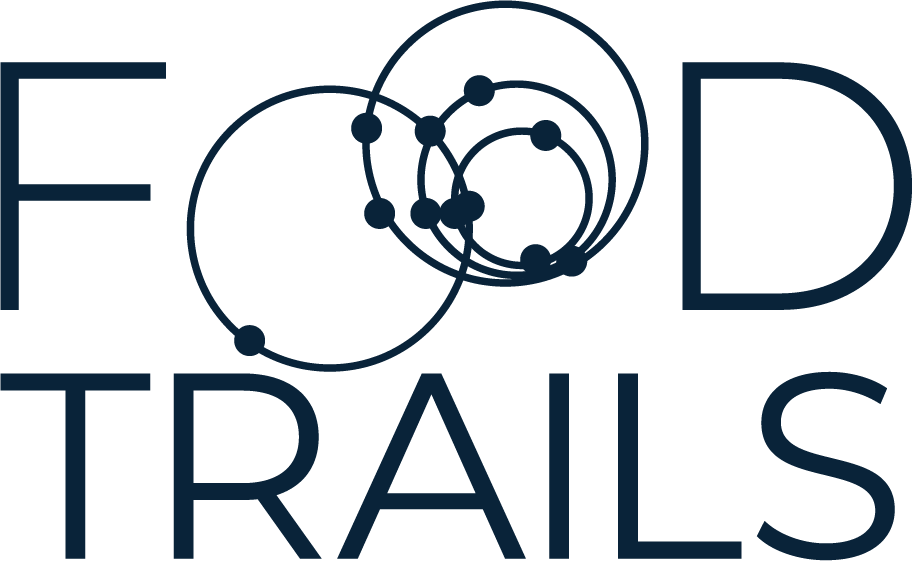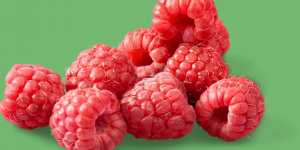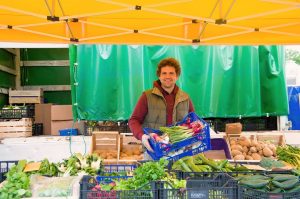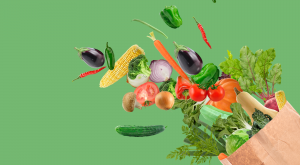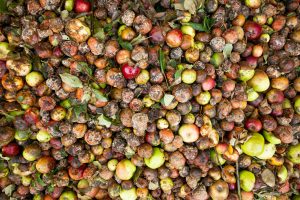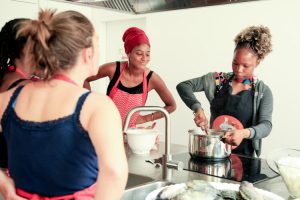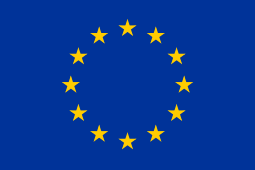Some of Madeira’s traditional recipes used to be plant-based. The City Hall of Funchal is working on bringing them back and establishing a culture of healthy, local, sustainable food consumption.
“I’m a teenager, and we all like to eat chips and fast food,” admits Eunice, a 17-year-old student. “My view has changed. I’m more aware now of what I can eat to feel healthier.” It was thanks to Funchal’s Food Week that Eunice changed her mind.
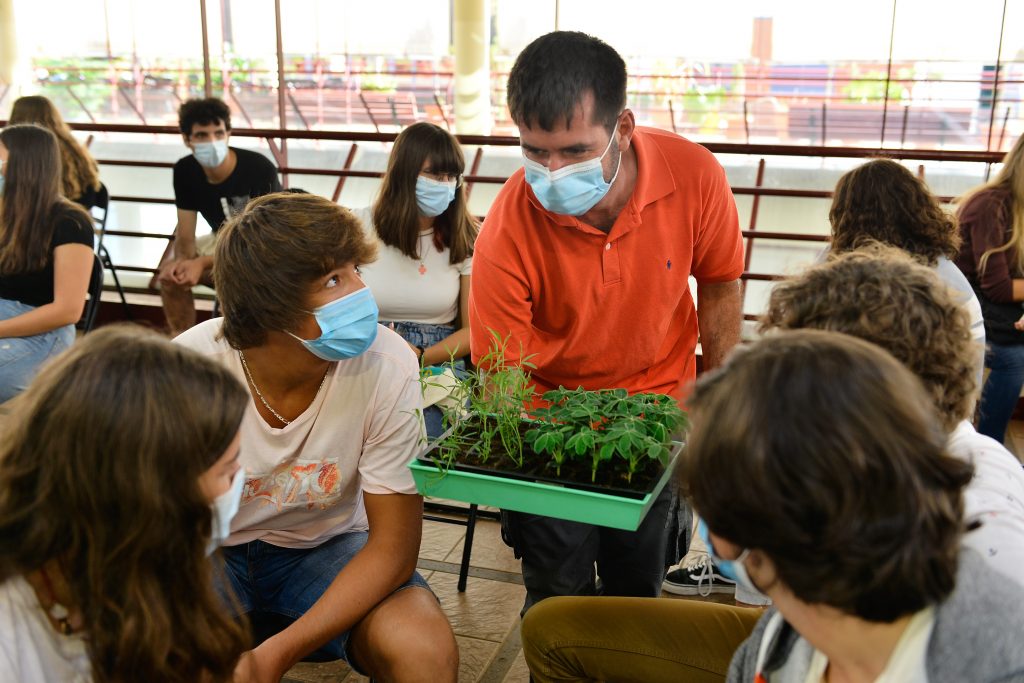
Hands-on learning
Eunice participated in an activity called “Rediscovering sustainable agriculture”, which showed young students how their individual choices impact both their health and the environment. Through the workshop, they shared their culinary preferences. They also learned to consider the whole journey of food: who cultivates, who harvests, who distributes, where it travels, who sells, how it is packaged, how it is cooked, eaten, and wasted.
The event organisers decided to make the workshops interactive to introduce youngsters to healthy eating and organic farming. “I participated in a game where I had to use stickers to say if I like more meat or fish. If I prefer to eat out or at home,” says Eunice. “I think everyone liked this activity because it was sort of a game. A dynamic exercise is more helpful for us to learn than a boring lecture.”
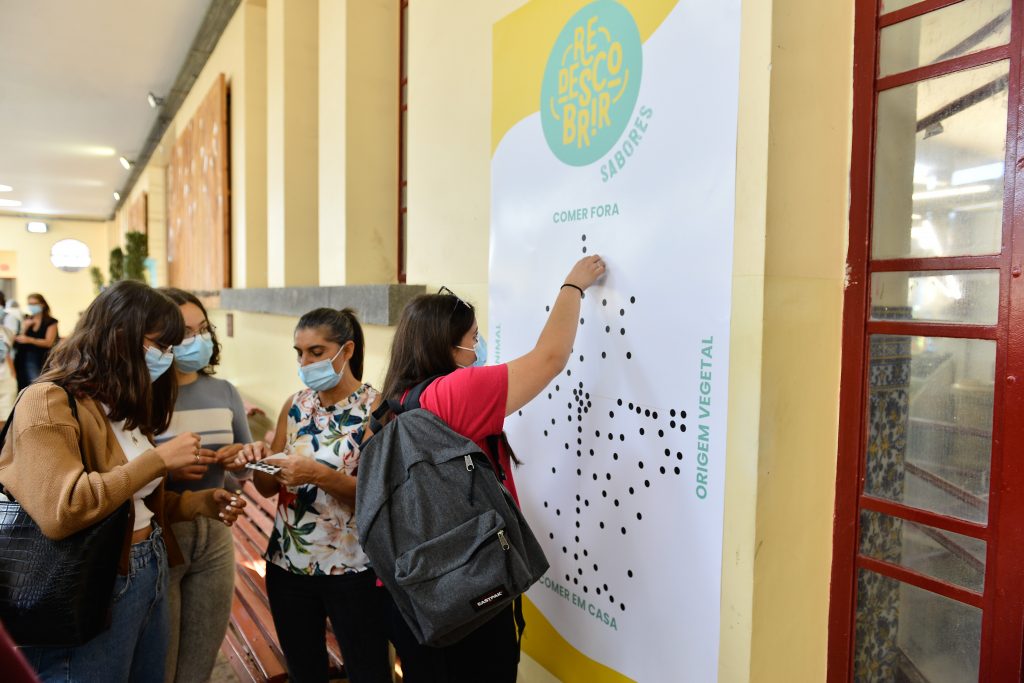
The Food Week was bustling with activity. Another example of what visitors could do was to follow a traditional and healthy cooking lesson. The chefs wanted to show how their elders’ recipes used to be primarily plant-based and that one can cook traditionally and be sustainable at the same time.
“Back in the day, people only ate meat on exceptional occasions. Over the years, being able to afford meat has become a way to prove socio-economic status. We are aiming to bring back our heritage, showing a sustainable way to cook classic and traditional dishes,” says Claudia Hydzik, external consultant for the City Hall of Funchal.
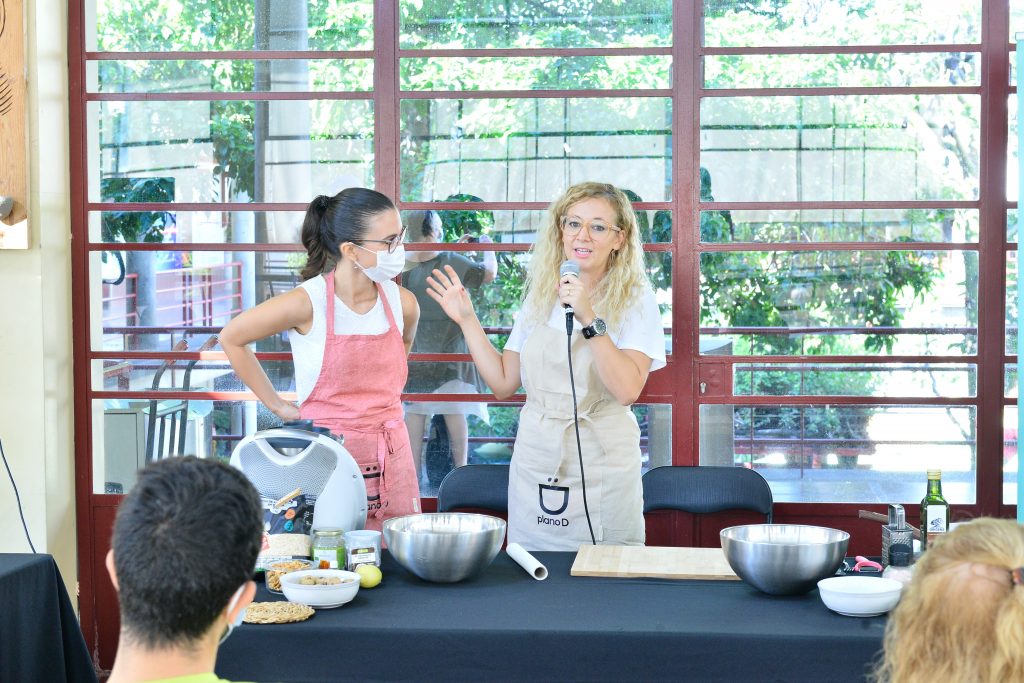
Food Week’s sweet aftertaste
Food Week was a crucial moment for the city to reach out to and involve different audiences in discussing food. The organizers have registered an increased interest in sustainable and traditional cooking amongst participants. These have also expressed that they are more willing to eat healthier after participating in the event, and many are now learning more about household and communal composting.
“For example, there is a pilot project with the community composting, which is expanding. It is becoming a successful project that can still go further. And we hope it grows exponentially,” says Claudia. As for the composting project, the hope is to continue working towards more sustainable food systems throughout the year and not only rely on one annual event.

Developing a Food Strategy
Funchal’s ultimate goal is to develop a food policy strategy. The city joined the Milan Food Policy Pact in 2015, and it is hoping that participation in the Food Trails project will enhance food-related issues on the council’s political agenda.
The Food Week was an opportunity for the city to assess urban food system dynamics and the most relevant needs through stakeholder engagement. “It was a test for us, and it worked well,” explains Claudia. “We wanted to hear from the citizens, and the collaborative methodologies developed within the Food Trails project helped us. We need to create more opportunities for this to happen.”
Such opportunities are regularly created within the Penteada Living Lab. As Funchal wants to promote sustainable and healthy diets through educational and awareness-raising initiatives, the municipality set up a Living Lab where residents can access several activities and services, mainly targeting schools.

From the grain to the plate
The Lab includes a municipal vegetable garden, the Penteada Market, where, during the pandemic, the Cabaz Vital social shop was operating, and an educational centre. Addressing students and other audiences, this physical space wants to raise awareness around food issues in the community and empower people to participate in tackling them. “It made sense to have a physical space where people could learn, interact and participate,” says Claudia.

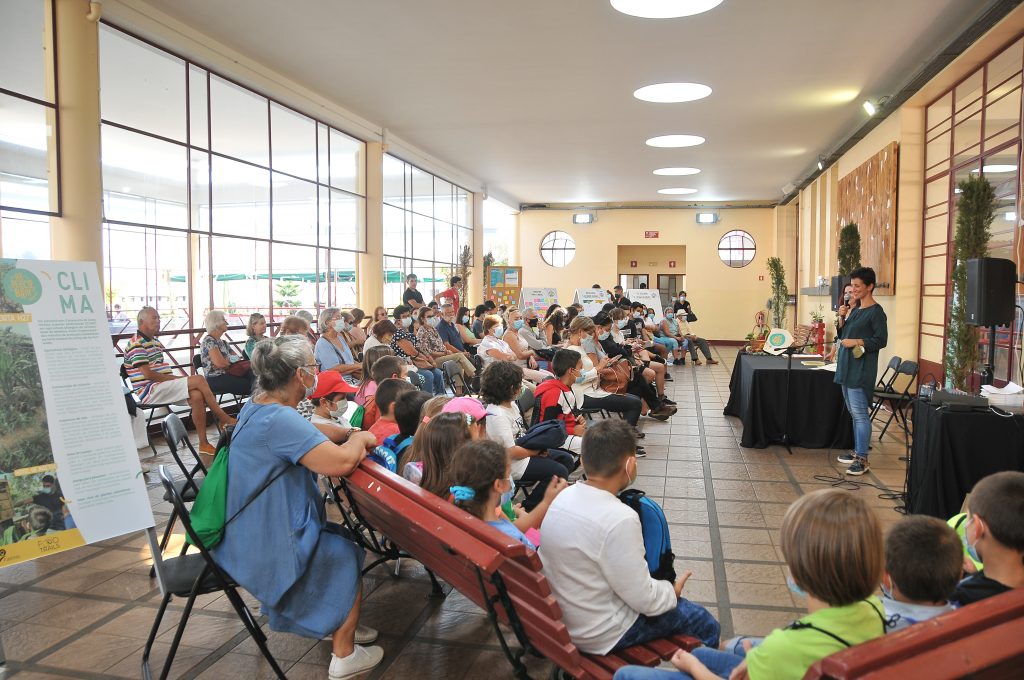
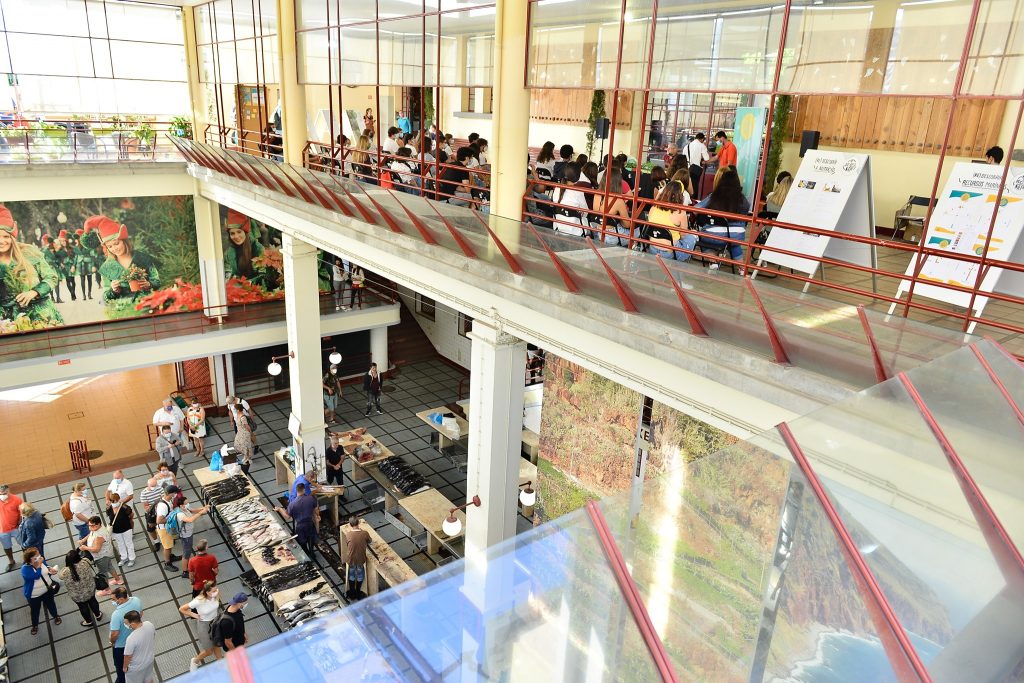
The 3D educational centre primarily addresses schools, gymnasium users and care centres with creative lessons and activities about nutrition, sustainable food, and sustainable agriculture. For example, the visit could start with the reading of a story. “Students first listen to a story related to nutrition or sustainable food. Then they visit the market, and finally, they might go to the urban allotment. It’s a virtuous and enriching cycle,” explains Claudia.
The market also fills a social role. It not only promotes the purchase of fresh, local and seasonal products but also brings the community together and supports it. During the pandemic, the market also organised the Vital Baskets, a food delivery system for households facing economic difficulties due to Covid-19.
Good habits to preserve
In the Living Lab, people don’t only buy products but can see how they can grow their own. The Penteada allotment was developed in partnership with the University of Madeira. Visitors can use sustainable production methods such as organic farming, composting, crop intercropping, and soil covering. They can also learn how to build insect hotels, bird shelters, and live hedges of aromatic plants. “We take first graders to the urban allotments to plant vegetables, and you can see how excited they are by simply touching the earth,” says Claudia.

Getting your hands dirty and watching what you planted grow is a privilege few city residents have. However, once you are given the opportunity, it is hard to give it up. Fortunately, Funchal is not planning to do so. On the contrary, their eyes are set on the future.
“The next step is to get together with our partners to plan the urban food strategy for the city,” says Claudia. And while it takes shape, people in Funchal can enjoy the Penteada Living Lab or spend the day at the market enjoying fresh and healthy local food.
“I like the energy in the market, especially on market night, around Christmas time”, confides Eunice. “People are in the street together, eating typical local foods, and I like to see everyone sharing a piece of food.”

https://www.facebook.com/funchalcidadeeducadora/photos/pcb.2748454965451965/2748452095452252
